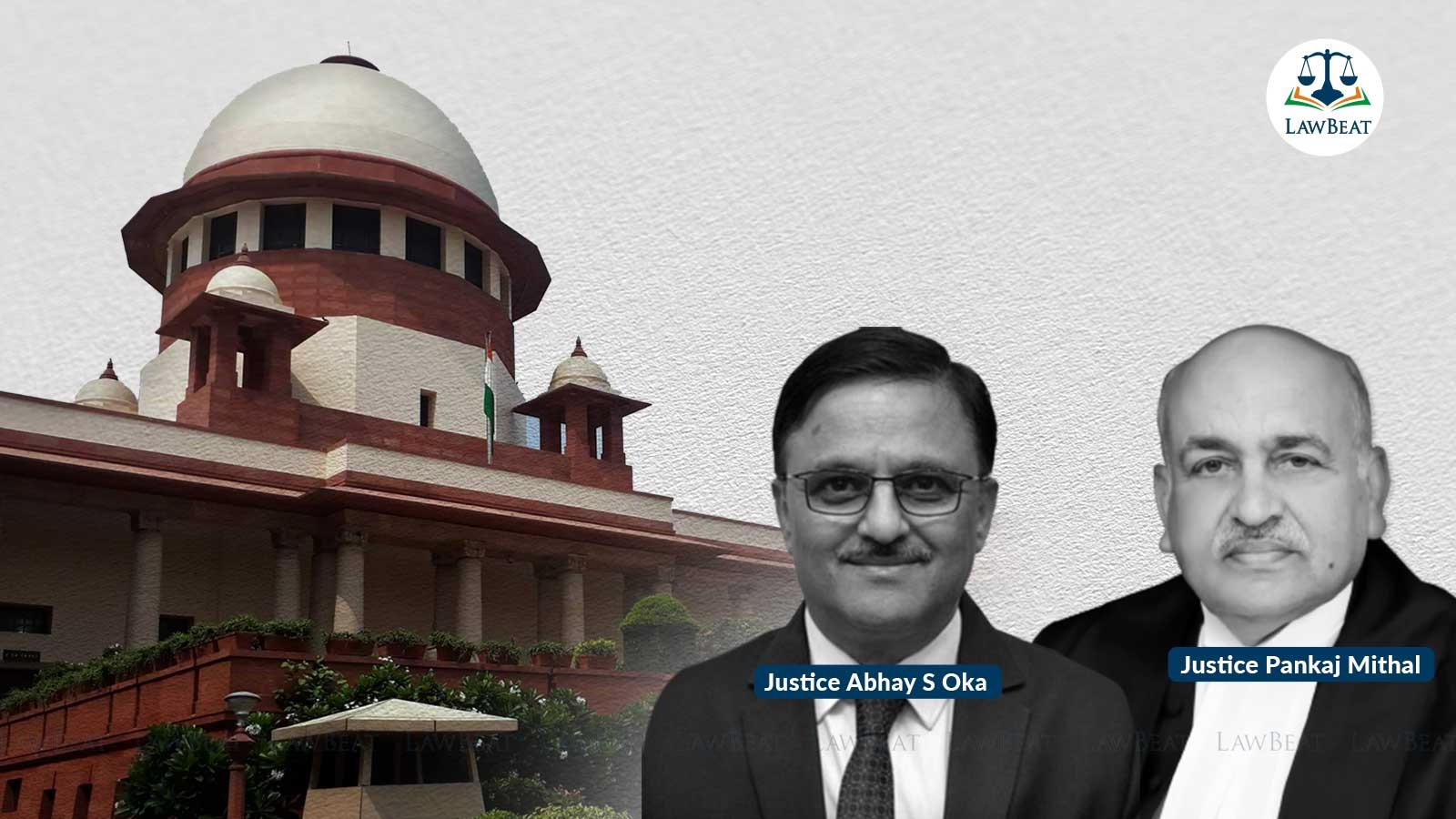'Difficult to believe that confession was made before deceased's brother': SC acquits man in murder case

Court said that normally, an accused would make a confessional statement before a person in whom he has implicit faith and in the normal course, an accused would not make a confessional statement before the real brothers of the deceased
The Supreme Court has recently acquitted a man of the charges of murder, rejecting the prosecution's reliance upon extra judicial confession made before the brother and close acquaintance of the deceased and other contradictions.
"When prosecution relies upon the evidence of extra judicial confession, normally, the Court will expect that the evidence of the persons before whom extra judicial confession is allegedly made, must be of sterling quality. In this case, it is very difficult to believe that the appellant-accused would make confession before the real brother and a close acquaintance of the deceased," a bench of Justices Abhay S Oka and Pankaj Mithal said.
The court let off appellant Prabhatbhai Aatabhai Dabhi also noting that he had undergone incarceration for period of 11 years before he was granted bail on October 14, 2011
The high court in his case had upheld the conviction by sessions court.
The prosecution claimed that the motive was that on October 28, 1997, the appellant, Abhabhai and Bhemabhai consumed liquor and a quarrel started among them. The Sarpanch lodged a complaint. In the said proceedings, the deceased, Hukabhai took side of Abhabhai.
The prosecution claimed that appellant confessed before PW-2, Kalabhai, the first informant and brother of the deceased, and PW-3 Ratabhai that he had assaulted the deceased with a stick.
The bench noted that as far as the alleged extra judicial confession before PW-2 and PW-3 was concerned, it was an admitted fact that PW-2 was the brother of the deceased and PW-3 was a close acquaintance of PW-2 and the deceased.
"It is not brought on record by the prosecution that the appellant had any relationship with both of them. Normally, an accused would make a confessional statement before a person in whom he has implicit faith. In the normal course, an accused would not make a confessional statement before the real brothers of the deceased," the bench said.
The bench further said that it was not the only reason for discarding the theory of extra judicial confession.
The witnesses before whom the extra judicial confession was made claimed that the accused attacked the deceased with the stick but the prosecution claimed to have recovered an axe, projecting it as a weapon of assault and failed to recover any stick, the bench pointed out.
The bench also noted that the clothes on the person of the deceased had blood stains of the 'O' group. Three clothes recovered from the appellant had blood stains. As regards the trousers of the appellant, the opinion was inconclusive. But as regards the other two items of clothes, it was found that the blood was of 'A' group.
"This militates against the case of the prosecution that the blood stains on the clothes of the appellant were of the blood of the deceased. The recovery of the axe at the instance of the appellant is of no relevance, as according to PW-2 and PW-3, the appellant was carrying a stick," the bench said.
"On all counts, the prosecution has failed to establish the guilt of the appellant beyond reasonable grounds," the bench added.
The court, thus, set aside the high court and the trial court judgments.
Case Title: Prabhatbhai Aatabhai Dabhi Vs State of Gujarat
